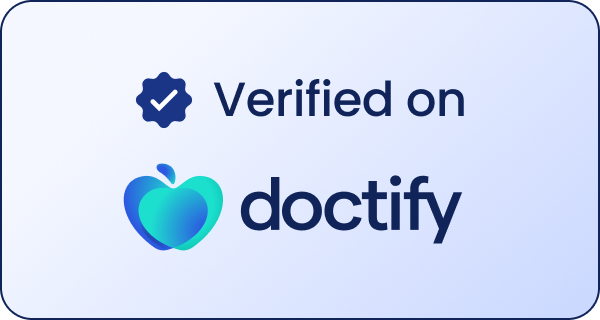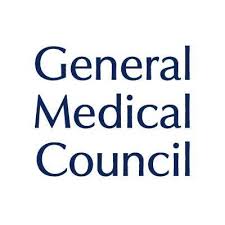How is BDD treated in children?
Evidence-based treatments can help children and teenagers manage symptoms of BDD and build a healthier relationship with their body.
Cognitive behavioural therapy (CBT)
CBT is the first-line treatment for BDD and includes:
-
Challenging unhelpful beliefs and thought patterns about appearance
-
Reducing compulsive behaviours like mirror checking or reassurance-seeking
-
Building self-esteem and emotional regulation
-
Encouraging healthier body image and social confidence
Specialised BDD interventions
Some children may benefit from therapy specifically adapted for body image concerns. This might include imagery rescripting, exposure work, and developing self-compassion.
Medication
In more severe cases or where BDD coexists with depression or anxiety, medication such as SSRIs may be considered alongside therapy.



